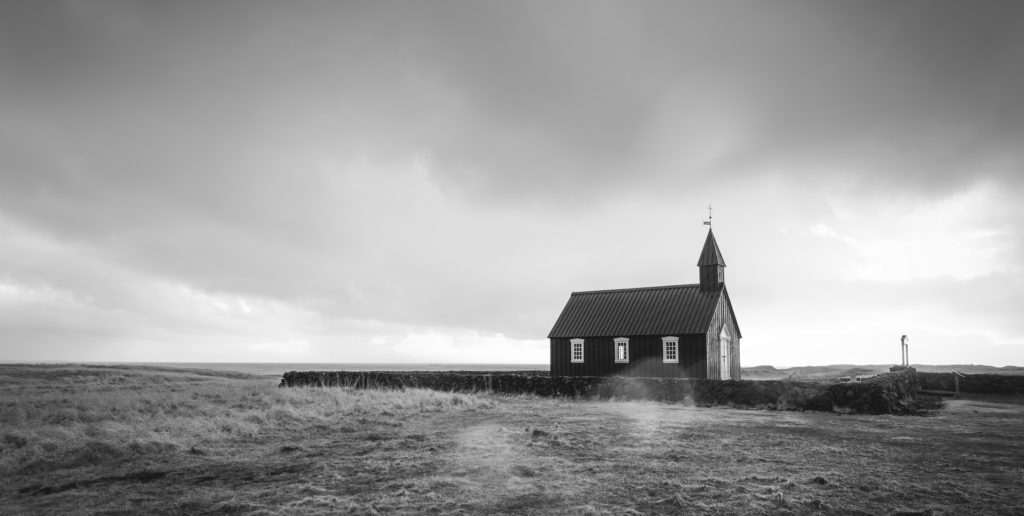Episode 149: What is a Rule of Life (Pt. 1)
In this episode (part 1 of 2) we sit down with Pastors Brad Baker and Sarah Jackson to talk about what a ‘rule of life’ is, why it matters, and how to develop one.

Be sure to subscribe to our YouTube Channel and follow us on Instagram, Facebook and Twitter to stay connected with us throughout the week!
RESOURCES:
- Seeking God (Esther de Waal)
- The Rule of St. Benedict
The rule of life goes back to the fifth century… a monk named Benedict put together a kind of code for himself and his followers… it helped them live out the gospel together…
It was developed in a time of great social and political upheaval and chaos… the rule was about arranging one’s life in ongoing transformation… it can provide structure to help us abide in God…
Behind Benedict stood the desert fathers and mothers… for them, the kingdom had a logic, a pattern, an order to it… the rule was an attempt to articulate the order of the kingdom and help people live into it…
For me, there was a split between my intentions and the direction my life was actually taking… the rule helped me acknowledge that and integrate the pieces of my life…
There’s no one right rule of life… each person’s rule of life ought to take into account things like life stage, age, etc… you need to find the rhythms that work for you…
For instance, I had a day getaway recently with a good friend that was full of spiritual conversation… I came back thinking, “I need to do this regularly…” That now is part of my rule of life…
The rule is about taking our place in the community of God… when you’re crafting a rule, you need to ask how it is serving your life with God and others… it’s very relational…
The rule of life is about managing myself in such a way that I’m showing up in my life in the spaces I need to be in in the WAY I need to be in them…